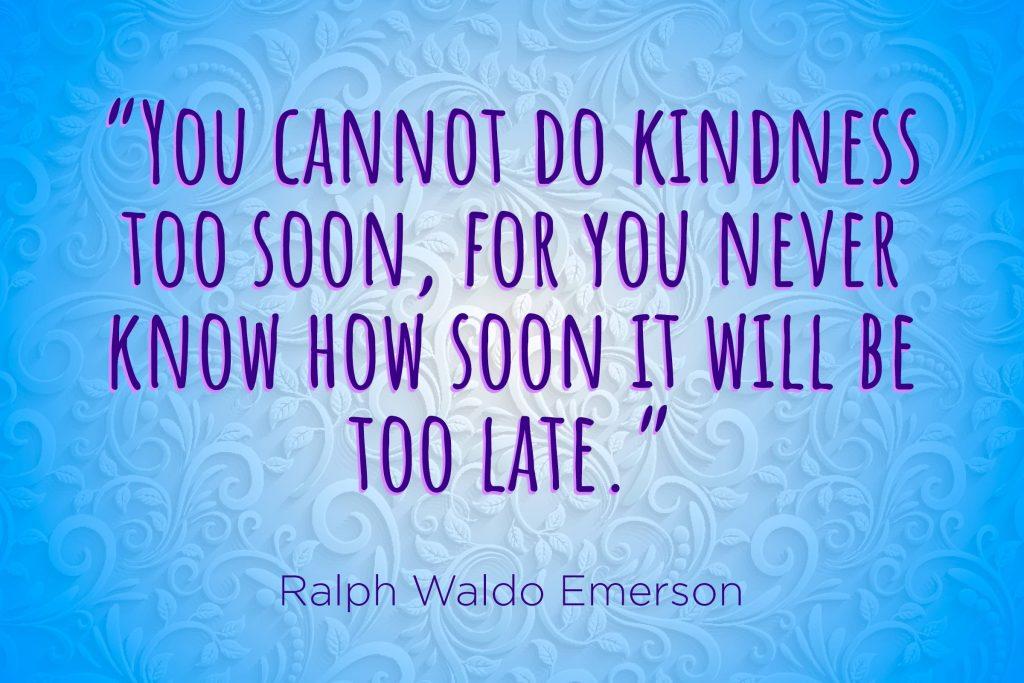Businesses that are kind to their employees are more likely to survive the coronavirus
Spending 11 days in complete isolation has given me substantial time to think about where I am on my journey with Breaking the Silence, a crusade that began four years ago to create kinder cultures of trust in the workplace that are free from the stigma of mental health.
I have read so much in that time about how businesses are having to adapt to survive the coronavirus and keep remote workers emotionally engaged. I will admit to having moments of genuine panic about how much I will need to adapt my content.
However, I truly believe that nothing has really changed and businesses that understand the value of being kind to their people are more likely to survive the coronavirus.
My four key messages to business leaders will remain the same if you want to optimise performance and engagement during this crisis
- The tone must come from the very top of your organisation. Your employees MUST believe that their wellbeing is more important to you currently than the results of your business.
- Accept that it is not weak to share vulnerability during a crisis. It will inspire your colleagues and help to drive a culture of kindness and trust.
- Managers need training on the value of kindness and having human moments with their people. Too many still think it is not part of their job to have non-work conversations.
- We all need to think about the language we use to open up honest wellbeing conversations. This is our best opportunity ever to normalise mental health and to eradicate the stigma.
Although I have seen evidence that many employers are now pro-actively trying to understand more about mental health in the workplace, too many are still simply ticking boxes and in reality have made it no easier whatsoever for employees to feel safe to open up about their wellbeing.
Many Senior Execs openly boast that they now have a team of Mental Health First Aiders but have not addressed their culture. The role of a ‘wellbeing champion’ can make a difference but I am yet to see it work in isolation. Businesses that are seeing the biggest reduction in stigma are those who are taking a more holistic approach that involves the training of all managers. Businesses who are authentic in their approach to kindness will also see the biggest improvement in the engagement of their employees.